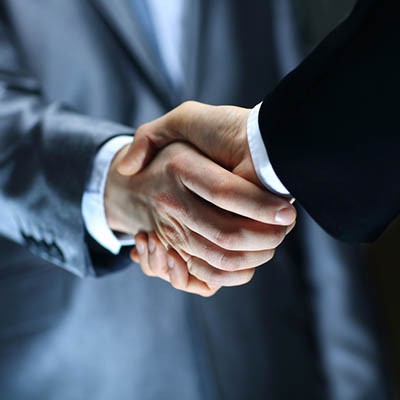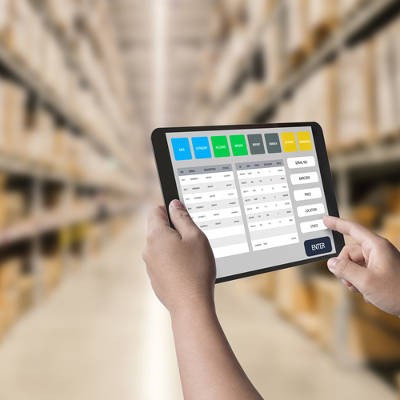The Connection, Inc Blog
Understanding what your customers need is a crucial first step toward improving the way your organization communicates with them. They expect a certain level of service, so how can you make sure to maintain it while still leveling with them on what they require of your business? A customer relationship management software, or CRM, is invaluable toward this end.
In order to function properly, any business will need to procure certain pieces of equipment. Some of this equipment will be specialized to the business’ purpose, while some will be the sort that may be more commonly found in offices everywhere. This equipment must be procured from somewhere, and this is where vendors come in--but who in your organization is responsible for your vendor management?
On the surface, you might think that customer relationship management (CRM) and enterprise resource planning (ERP) are the same exact thing. However, they both have very specific niches for a business--particularly when it comes to managing organizational assets and interactions with consumers. Here are some of the specific situations in which you’ll find these solutions helpful.
Customer Relationship Management (CRM)
A CRM solution is specifically designed to provide a service-oriented organization with a way to communicate with clients--both current and prospective. A CRM solution can be used to automate certain functions, which makes for a much easier sales funnel in several ways. The ways a CRM can improve a business:
- Better customer communications
- Organization for your sales teams
- Revenue creation
- Ability to target potential customers
- Customer loyalty and satisfaction
All in all, a dedicated CRM can help keep your customers devoted to your brand or product, securing your business' future through repeat sales and building leads that work to build revenue. In short, it’s the ideal way to manage operations, onboard new clients, and guide them through your sales process.
Enterprise Resource Planning (ERP)
Rather than work on the consumer end of the business model, the enterprise resource planning solution is designed to help a manufacturer manage internal operations, as well as many other functions that contribute to optimizing efficiency. You can think of the Enterprise Resource Planning solution as the central hub for your business’s assets. Some of the ways that a business benefits from an ERP are:
- Procurement and distribution of assets
- Seamless data sharing between departments
- Streamlining communication between departments
In short, an ERP is meant to keep your business’s internal operations as streamlined as possible through constant connectivity to important assets and resources. It allows for seamless data sharing throughout your organization to ensure efficiency between the separate departments at work within every manufacturer. This effectively makes your business' internal processes much more streamlined.
It’s easy to see why the two could be confused, but a ERP and CRM are two fundamentally different solutions as they are for two totally separate types of businesses. The ERP hopes to increase profits by streamlining the way that you approach your internal operations, while a CRM improves profitability by optimizing the revenue creation strategies your business uses.
How would your business benefit from these software solutions? To find out how, reach out to us at (732) 291-5938.
 Are your employees trained to answer the phones in a helpful and professional manner? If you're not intentional about this, calls made to your company will be fumbled, notes will be scribbled on paper, and clients will lose confidence in your business. One way to really impress callers is to equip your staff with phone features allowing them to know pertinent information about a client before they answer the phone.
Are your employees trained to answer the phones in a helpful and professional manner? If you're not intentional about this, calls made to your company will be fumbled, notes will be scribbled on paper, and clients will lose confidence in your business. One way to really impress callers is to equip your staff with phone features allowing them to know pertinent information about a client before they answer the phone.
 The Internet makes marketing your business much easier, but it's not that way for everyone. A restaurant in California has responded to the standard Internet marketing strategy with an out-of-the-box method of its own. David Cerretini, co-owner of the Italian restaurant Botto Bistro, has told his strategy to USA Today; "I want to be the worst restaurant in the San Francisco area!"
The Internet makes marketing your business much easier, but it's not that way for everyone. A restaurant in California has responded to the standard Internet marketing strategy with an out-of-the-box method of its own. David Cerretini, co-owner of the Italian restaurant Botto Bistro, has told his strategy to USA Today; "I want to be the worst restaurant in the San Francisco area!"





